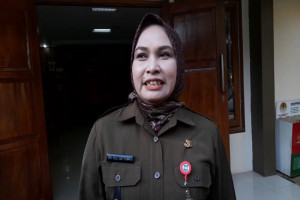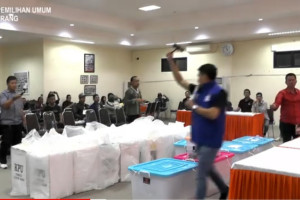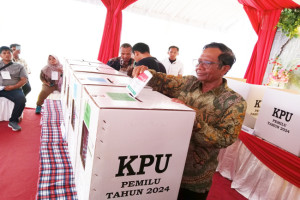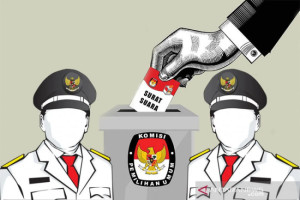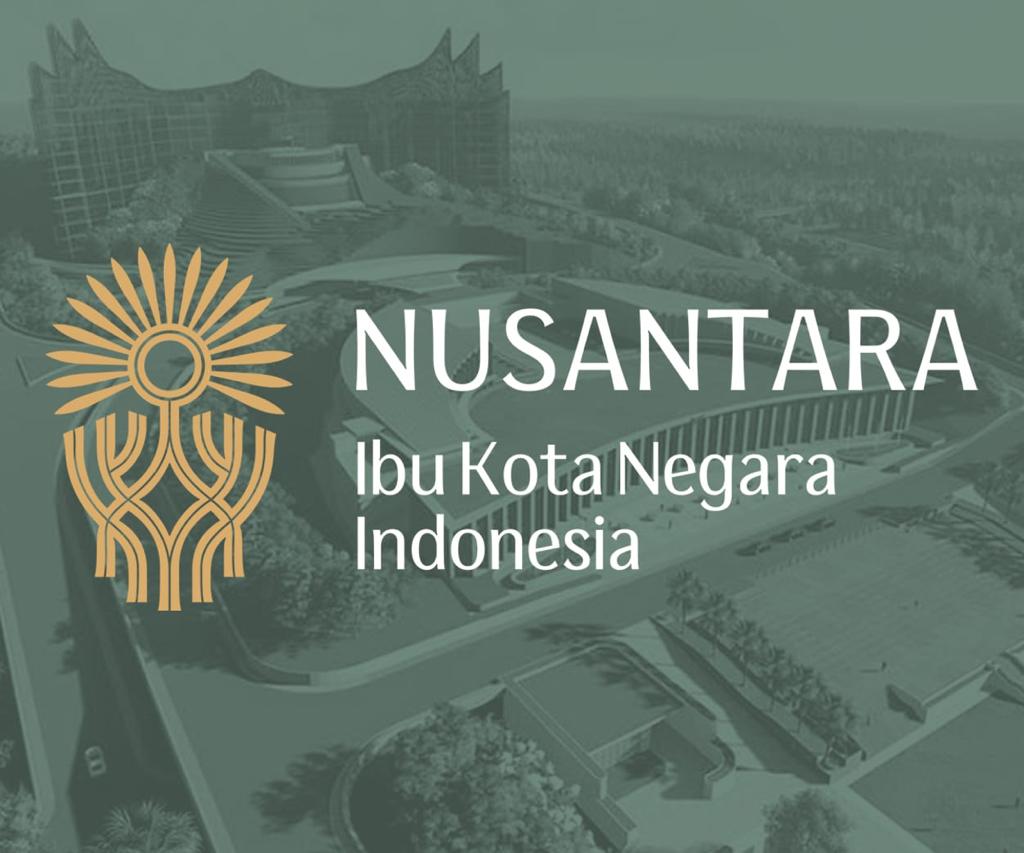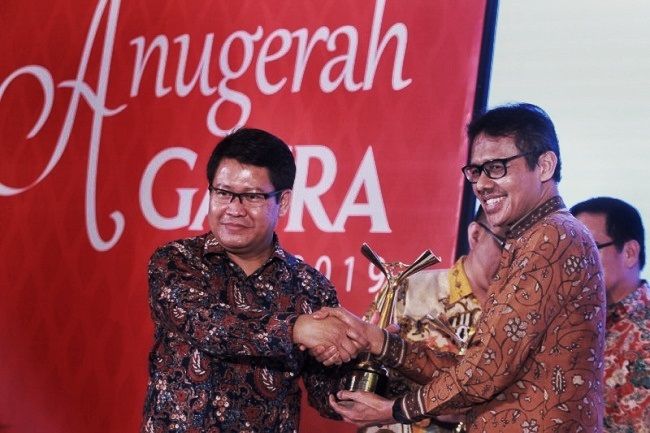
West Sumatra regional government, the one with excellent financial reports during the last seven years, asks for better coordination with the central government to face bigger challenges in the future.
Jakarta, GATRAreview.com - The 2019 Anugerah GATRA awarding night, held by GATRA Media Group at the IPB International Convention Center in Bogor, on Sunday, Dec. 1, drew a smile on the face of Irwan Prayitno, the Governor of West Sumatra.
He was grateful that the province that he is leading had managed to become the province with the most optimized budget uptake. It means that the local government had practiced spot-on and effective budget management. And Mr. Prayitno believed that the appreciation meant a lot for all the bureaucrats in the West Sumatra regional government.
“It's great, motivating regional chiefs to do better in the future. An appreciation towards great efforts will create some motivation,” Mr. Prayitno said to GATRA.com.
He said that compared to other regions, West Sumatra had a much smaller Regional Budget. As for the 2019 Regional Budget, the province had Rp7.1tn budget, which saw an increase from earlier years.
“It means that the budget's scale was quite small compared to the Rp70tn budget in Jakarta, and so on. Yet, this was where optimization would be necessary since there was only limited money, only Rp7.1tn. Most of it went to the civil servants' paychecks as that money was not enough to pay all 21,000 regional civil servants,” he said.
Solid Planning
A strict budget had urged Mr. Prayitno to optimize budget management. He practiced a prudent budget allocation and optimized the existing resources. As a result, there was a maximum budget uptake, along with real benefits in society.
“As seen from the yearly statistical data, there has been a trend of a growing GDP, hence, a lower poverty rate,” he said. The data from Statistics Indonesia (BPS), he said, might imply that the limited budget had been optimized to deliver the public welfare.
The optimization strategy, Mr. Prayitno said, was inseparable from thorough planning in the regional mid-term development planning (RPJMD) and the regional government work plan (RKPD). The accurate planning had let the West Sumatra government suppress the regional budget surplus (SiLPA).
“We had a low budget surplus, only 5% the highest. We directed ourselves towards a maximal budget distribution to bring the good to the people with a dynamic social economy,” he said.
As for the budget monitoring, Mr. Prayitno said that the West Sumatra government always maintained coordination with district councils. “Monitoring is carried out by the regional parliament. We also had inspectorates that do their monitoring, and it went well. Our budget has been declared with the “unqualified opinion” (WTP) seven times over,” he said.
The province got its latest WTP for its financial report of the fiscal year 2018. Despite the Rp628bn budget surplus of the year, the province was able to reduce the disparity in the resident's spending. West Sumatra's Gini ratio by September 2018 was 0.305, falling by 0.016 compared to 0.321 in March 2018.
Coordination is Key
Optimal financial management may attest to an efficient budget distribution in the level of ministries, central government, or regional administration. Finance Minister Sri Mulyani said there are challenges in managing finance, particularly the Regional Budget and Expenditure (APBD).
A late stipulation of the APBD, which has to be simultaneous with the cycle of the State Budget and Expenditure (APBN), is just an example. The finance minister also asserted that the second biggest challenge for regional finance management is that most of the money is going to the civil servants' paychecks. Also, the APBD has not possessed any standard programming.
She also added that some financial management problems persisted in local governments. On average, nearly 70% of the budget was used for the administration's operational cost, causing the residents to receive only 30% of the benefits from the APBD.
“We have noted that there were weaknesses in terms of financial prudence, a high, 36% civil servant expenditure, service, and product procurement, especially the 13.4% business trip. The cost unit was heavier,” she said during an event in the General-Directorate of Taxation Office, on Thursday, Nov. 14.
The finance minister quoted from President Joko Widodo, who said that excellent coordination is essential to solve the country's problems. “It depends on us. Even when the global economy is being shaken, if we work as a team, working out the central and regional coordination, then we will see a better result,” she said.
Sandika Prihatnala and Andhika Dinata
Translator: Gabriel Mahendra



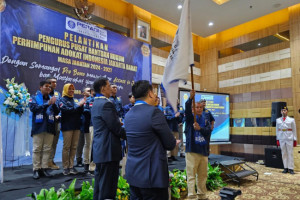
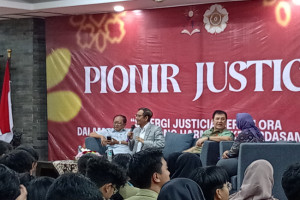
_thumb.jpg)

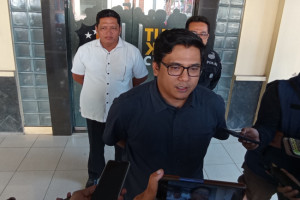
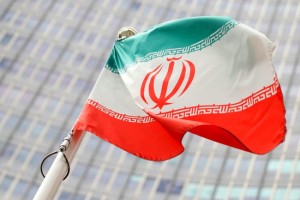
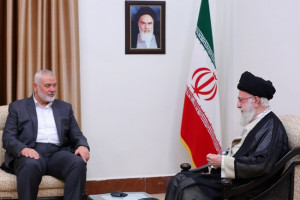
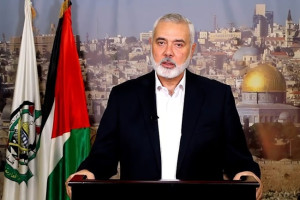
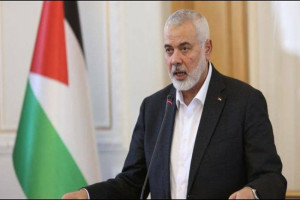

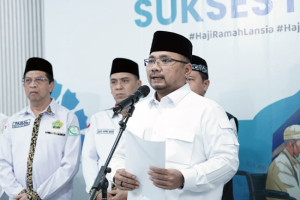
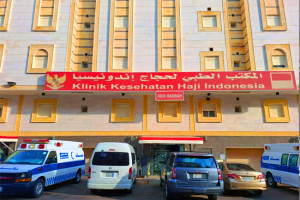
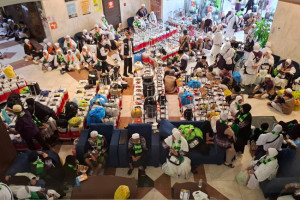
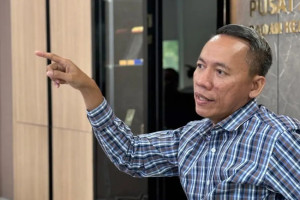
_(1)_11zon1_thumb.jpg)
